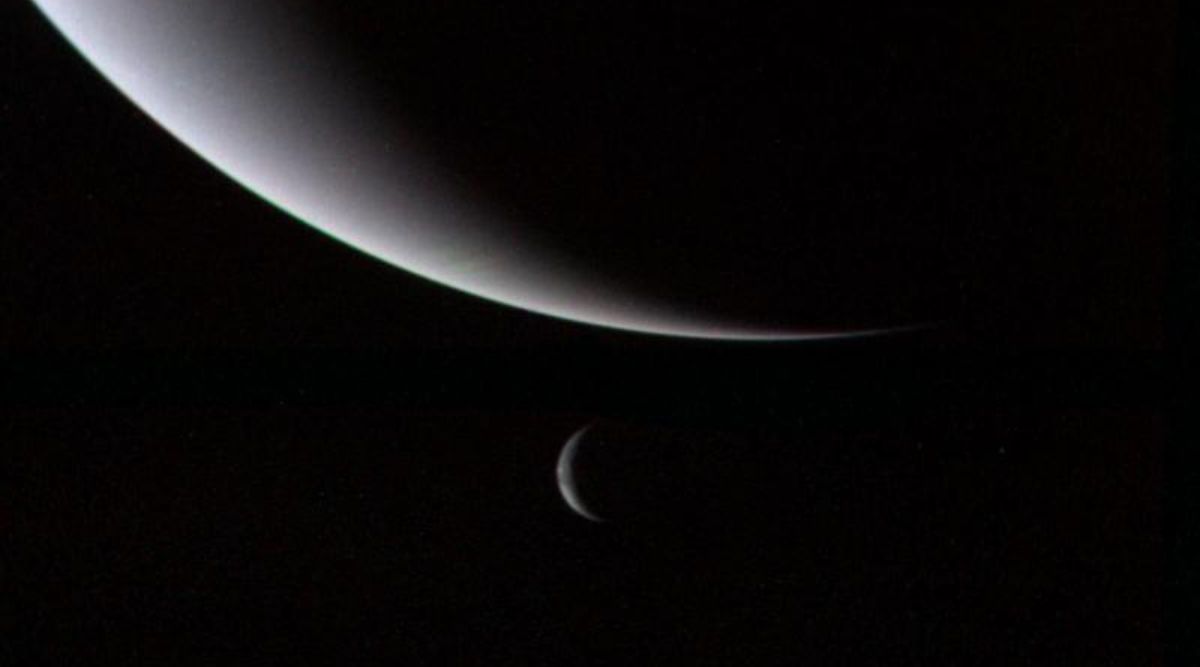Scientists say our solar system could have another planet hiding at its edge
Researchers are proposing that our solar system may have a ninth planet after all but it could be hiding at the far reaches of the Sun's influence.

Our solar system has eight planets. It used to be nine before, but Pluto is no longer deemed a planet. However, an international team of scientists is proposing that the Sun has “trapped” another planet which could be hiding far far away in the “Oort cloud,” in a pre-print research article that has not yet been peer-reviewed.
The Oort Cloud is the most distant part of the solar system, according to NASA. It is believed to be populated by billions, or even trillions of icy space debris that could be the size of mountains or even larger. It is thought to be many times farther than the Kuiper belt which already extends to nearly 50 astronomical units. One astronomical unit is the distance between the Sun and the Earth.
In a new pre-print (yet to be peer-reviewed) paper, an international team of scientists find a chance that our solar system may have a planet that is hiding away at its most distant corner. But how does that work?
Exiled planet
Multi-planet systems like ours could go through a period of what is called “dynamic instability,” according to New Scientist. During this period, planets could interact with each other gravitationally and swing past each other. It is thought such an event could result in an entire planet being thrown out of the system.
For the study documented in the paper, the researchers performed many simulations of such instabilities, using the gravities of the system as parameters. They found that between one to 10 per cent of planets that are “thrown out” in this way might actually still be part of the system, living at its edges very far away.
The team also found out that there is a good chance that such a “rogue” planet from another system could have been “trapped” by our planet’s gravity, after which it made its home in the Oort cloud, according to Space.com. They estimate a seven per cent chance that could be true.
They estimate that “one in every 200-3000 stars could host an Oort cloud planet.” But they told The Independent that this could be an overestimate since it does not take into account instabilities that take place at the early stages of a solar system.